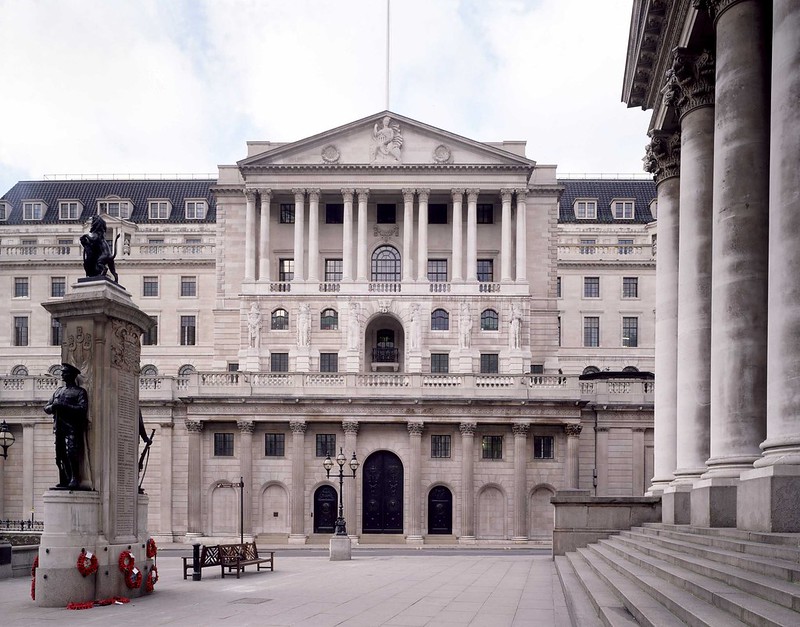Bank of England Reduces Interest Rates to 4.25%
The Bank of England (BoE) has reduced interest rates to 4.25% in response to a global trade war and a struggling domestic economy. This marks the fourth rate reduction since rates peaked at 5.25% last year. The monetary policy committee (MPC) voted to cut rates from 4.5% following US president Donald Trump’s tariff announcements on UK exports, which included a 10% tariff on all goods and a 25% charge on steel, aluminium, and cars.
BoE governor Andrew Bailey emphasized the need for a “gradual and careful” approach to cutting interest rates, citing unpredictable global economic conditions. The MPC's decision to reduce rates by 0.25 percentage points was supported by a majority of five-four. Two members, Swati Dhingra and Alan Taylor, favored a larger 0.5 percentage point reduction, while Catherine L Mann and Huw Pill preferred to maintain rates at 4.5%. This division within the MPC suggests a cautious approach to future rate adjustments.
Chancellor Rachel Reeves welcomed the interest rate cut, highlighting its potential to lower borrowing costs for businesses, reduce mortgage expenses, and make homeownership and car finance more accessible. The rate cut is expected to bring relief to borrowers, businesses, and consumers alike, especially with inflation cooling to 2.6% in the twelve months to March.
Lower interest rates typically benefit homeowners seeking new mortgages or re-mortgaging opportunities, as they can secure cheaper fixed-rate deals. Approximately 1.6 million fixed-rate mortgages are set to expire in 2025, making the rate cut particularly beneficial for those seeking new offers. Homeowners with tracker mortgages will also see an immediate reduction in monthly payments.
Consumers and businesses can also benefit from lower interest rates on credit cards and personal loans, although this depends on individual credit history. Businesses hope that lower rates will stimulate consumer confidence and spending, providing a boost to the UK's small and medium-sized enterprises.
However, uncertainties remain due to U.S.-led trade tariffs and potential energy price spikes, which could dampen consumer and business sentiment. The BoE has warned of a short-term increase in inflation due to rising energy costs, emphasizing the need for gradual and careful rate cuts. The pace of these cuts may be adjusted based on how U.S. trade tariffs impact global demand and UK growth.
Despite these challenges, some analysts believe that the UK economy's cyclical pulse has been strengthening, with household incomes growing faster than inflation. Lower energy prices and a rising sterling could help keep a lid on UK prices. Overall, the Bank of England's decision to cut interest rates is expected to provide some relief and stimulus to the UK economy, although the full impact remains subject to various economic factors and global trade conditions.









